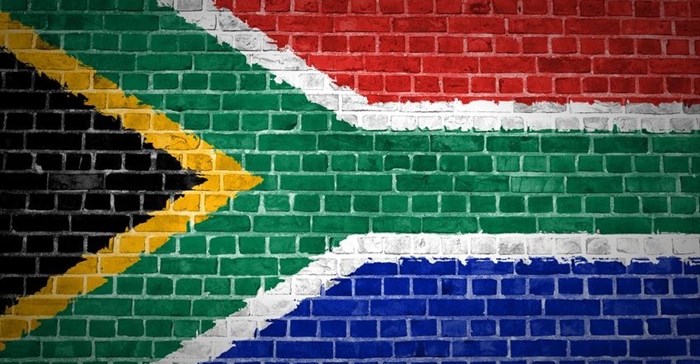
Top stories






More news


Marketing & Media
Ads are coming to AI. Does that really have to be such a bad thing?













Lumkile Mondi, senior lecturer the University of the Witwatersrand, Justice Malala, political commentator and newspaper columnist, and Peter Bruce, editor in chief, BDFM Publishers, presented their interpretations of what the recent local elections really mean now and in the future, at an event sponsored by Nandos, moderated by Jeremy Maggs and hosted at the Wits Business School.
While the discussion was about the local elections, it was not long before the President was mentioned. While it is time for President Zuma to go, I don’t think he is going anywhere states Malala, who believes that his influence on our politics will be felt till 2019 and even beyond that. “That narrative has already started, with the blame for the ANC’s performance in Gauteng being no-one’s - not Zuma’s or anyone else’s, but everyone’s’. On Monday the ANC will tell us that they have reflected and need to go back to the masses and reflect more.”

Bruce believes that President Zuma has a very hard job between now and the ANC elective conference next year, as he does not want to end up being the victim of negotiations between parties that are far from him that could weaken him in the elections. “This is not because he can be elected but because he wants to control the elections so that he is protected by whoever gets elected and so that his networks are protected.
They both agree that the President’s position is entrenched and who replaces President Zuma will be like President Zuma because his networks need to be maintained, but now people are showing an impatience with this so there is the risk that that person may be protested against as well. “The problem is that this distracts from running the country so until this is gone our country is not running properly. It eats at you legitimately,” says Bruce.
A positive of the elections has been the rise of leaders such as Julius Malema and Mmusi Maimane coming through as they come from a different background and represent different options for the country, where you can make clear choices and not choices based on legacy and liberation, he adds.
These elections are a reflection of what is going on in the ANC and it is an organisation that is in pain; a pain that is probably the deepest it has ever felt in its 104 years of existence. “It is under such strain, that it might not splinter, but instead split down the middle. It is so factionalised that it is impossible for it to function, but it will continue to maintain and preserve the current status quo until it is clear who will succeed Zuma,” says Malala.
The trend is a rejection of the ANC. Essentially the ANC has killed itself off, he states, and the people showed their dissatisfaction by staying at home. “Over three million (3.3) people stayed home and did not vote. The ANC has the opportunity to get them back by changing their narrative, but the EFF and the Democratic Alliance (DA) will also work hard to capture these votes. Who these 3.3 million will vote for in 2019 will be interesting.”
The trend of the ANC losing votes in urban areas has continued, with it even losing some support in the urban Gauteng townships, but more than that, it has also happened to some degree in the rural areas. Bruce adds that he is not sure about the ANC splitting into a rural and urban party. “I would think they would try very hard to avoid this.” Mondi felt that interesting dynamics are taking shape within the ANC and so it has to split, with those reluctant to see President Zuma go, and those who want to see him go.
While this election marks a big change, it is not yet a turning point for Bruce. He described it as driving through the Karoo and coming up a hill and seeing a tree in the distance. “That tree is 2019, and that is what everyone is positioning themselves for. This is step, a big step on the way to 2019.”
The prize here is the country - not Tshwane or City of Johannesburg or Ekurhuleni, and that is where we are heading he adds. “I want to get to the tree on the hill and that is 2019. So we need to get up every morning and do what we do. Time will reveal itself. Events happen. We don't know what is going to happen this afternoon and regardless of whether coalitions are formed or not, we will survive. We are resilient and tough.”
Malala felt that the elections are a turning point in the country, “Society is changing and there are consequences. The future is beyond the ANC now, but it is about how we get there,” says Justice.
